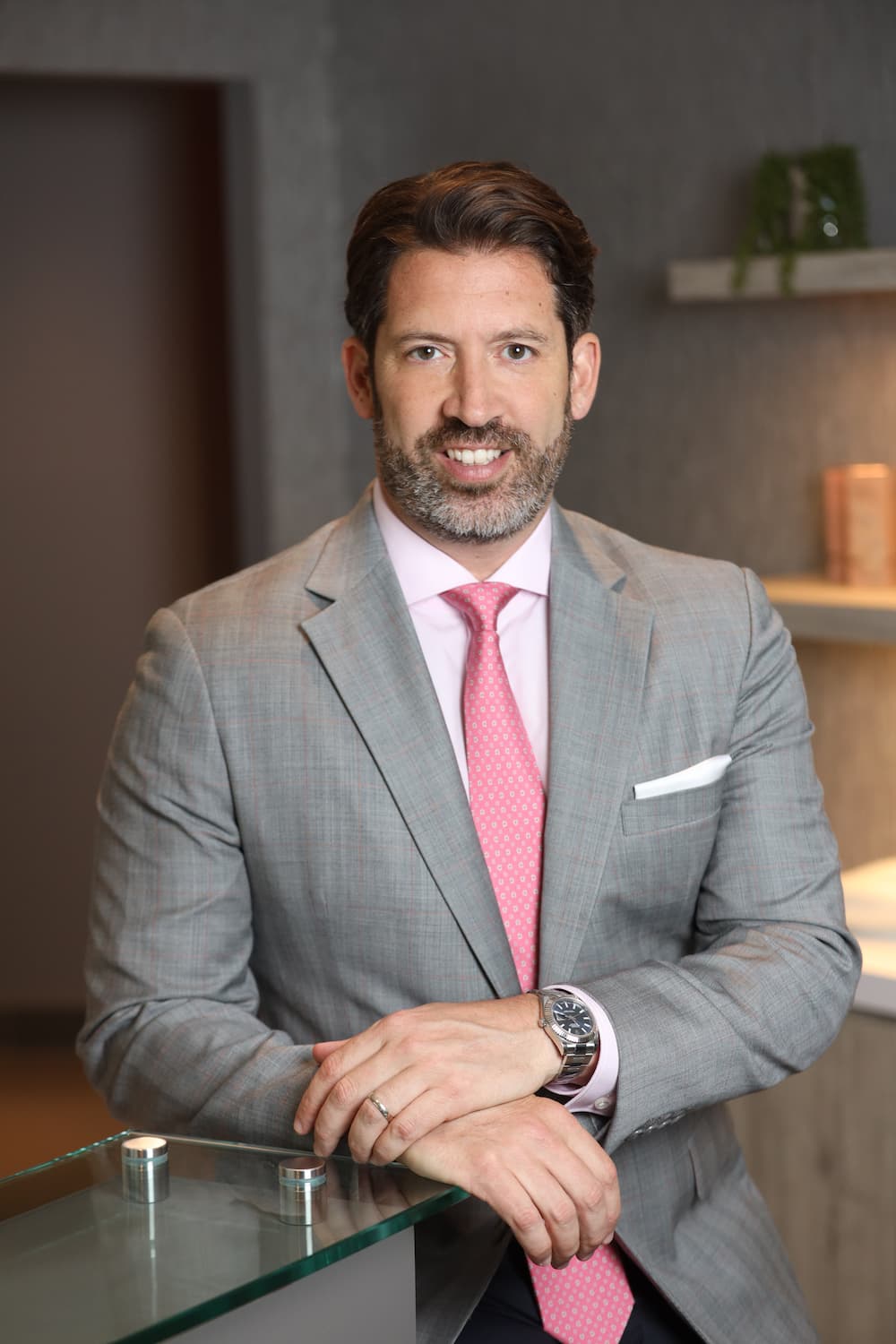Investigating the Mental and Social Aspects That Drive People to Consider Aesthetic Surgery as a way of Renovation
The decision to pursue cosmetic surgical treatment frequently extends past mere aesthetics, intertwining with psychological and social dynamics that merit complete exam. Factors such as self-confidence, pervasive social appeal criteria, and the pervasive impact of social media merge to form specific motivations for surgical improvement. As these influences end up being increasingly prominent, recognizing the underlying cultural and psychological contexts is vital. What stays to be explored is the profound impact these elements have not only on individuality but additionally on broader societal standards and values surrounding beauty and approval.
The Duty of Self-confidence
Self-confidence significantly influences an individual's decision to go after cosmetic surgical treatment. Individuals with low self-worth commonly perceive themselves in an adverse light, leading to sensations of insufficiency regarding their physical appearance.

Ultimately, the role of self-esteem in the decision-making process relating to cosmetic surgical procedure highlights the complicated interplay between body image, personal fulfillment, and psychological health and wellness. Recognizing this partnership is important for medical care specialists to guarantee that individuals are making informed decisions rooted in practical assumptions and psychological well-being.
Societal Charm Specifications
Influenced by pervasive media portrayals and cultural narratives, social appeal requirements play an essential duty fit people' perceptions of their own bodies. These requirements are commonly characterized by an idyllic type of charm that emphasizes qualities such as slimness, balance, and youthfulness. As these perfects are bolstered with numerous networks, including film, tv, and advertising and marketing, individuals regularly internalize these messages, resulting in discontentment with their all-natural look.
The ramifications of these social standards prolong past aesthetic choices; they can affect self-worth, mental health, and interpersonal connections. People who regard themselves as falling brief of these requirements may experience feelings of insufficiency, motivating a need for cosmetic surgery as a way of accomplishing social approval. This pursuit is frequently sustained by the belief that adjusting to these ideals will improve not just physical appearance yet additionally social standing and personal fulfillment.
:max_bytes(150000):strip_icc():focal(299x319:301x321)/cardi-b-kim-kardashian-011923-f730f661ba814eec980bba77776d1e59.jpg)
Influence of Social Media Site
The effect of social elegance criteria is further magnified by the surge of social media platforms, where curated images and idealized depictions of beauty are common. Individuals are regularly revealed to filtered and modified photos, which commonly show unattainable physical attributes. This exposure cultivates a culture of comparison, leading individuals to examine their own appearance against these often unrealistic standards.
Social media influencers and celebrities regularly advertise aesthetic treatments, stabilizing the idea that medical improvements are a sensible means for achieving societal suitables (plastic surgery rancho cucamonga). The presence of these enhancements can develop an assumption that undertaking plastic surgery is a standard practice, consequently affecting individuals to take into consideration similar treatments as a path to improved self-confidence and social approval
Additionally, link the interactive nature of social networks permits for prompt feedback through likes and comments, better strengthening the desire to comply with popular beauty criteria. Such communications can worsen sensations read more of insufficiency and drive individuals towards plastic surgery as a means of gaining recognition. Ultimately, social media sites plays a crucial function fit perceptions of appeal, which dramatically affects the decision-making procedures surrounding cosmetic surgical treatment.

Social Viewpoints on Look
Throughout numerous societies, understandings of appearance are deeply rooted in historic, social, and economic contexts, forming individuals' sights on elegance and desirability. In many cultures, look functions as a substantial pen of identification, affecting social condition, professional opportunities, and personal connections. For instance, in some societies, light skin is usually related to riches and advantage, while others may glorify darker skin tones as symbols of strength and credibility.
Furthermore, standard charm standards are frequently bolstered with cultural narratives, media depictions, and family members affects, causing differing perfects throughout various areas (plastic surgery rancho cucamonga). In Western societies, the focus on young people and physical conditioning usually drives people towards cosmetic improvement, while in specific Eastern societies, even more refined changes lined up with traditional appearances may be preferred
Globalization and the expansion of digital media have additionally complicated these dynamics, developing a hybridization of charm perfects that transcends geographical boundaries. As individuals progressively browse these social stories, the stress to adapt to particular look criteria can bring about the desire for cosmetic surgical procedure, mirroring a complex interaction of individual desires and cultural worths. Understanding these social point of views is vital in attending to the motivations behind cosmetic surgical treatment considerations.
Emotional Effects of Plastic Surgery
Several individuals looking for plastic surgery report experiencing extensive psychological effects that can dramatically alter their self-perception and psychological wellness - plastic surgery rancho cucamonga. The desire for physical enhancement commonly stems from underlying issues such as low self-confidence, body dysmorphic condition, or societal pressures regarding charm criteria. For some, the instant post-operative phase can lead to a short-term increase over at this website in self-esteem and fulfillment with their look, fostering a sense of empowerment
Nonetheless, these positive sensations may not be sustaining. Study suggests that while some people experience improved self-esteem, others may face heightened anxiousness or depression if their assumptions are not satisfied. This inconsistency can occur from unrealistic ideals perpetuated by media depiction and social narratives surrounding beauty.
Furthermore, the psychological implications of cosmetic surgical procedure extend beyond the person. Relationships with friends and family may be stressed as social characteristics shift, causing sensations of isolation or alienation. Eventually, the psychological influences of cosmetic surgical procedure are multifaceted and intricate, calling for mindful factor to consider by both possible individuals and medical care companies to ensure educated decision-making and practical expectations.
Final Thought
Finally, the choice to go after cosmetic surgical treatment is substantially influenced by a mix of self-confidence issues, societal charm standards, and cultural viewpoints on look. The prevalent reach of social media even more intensifies these pressures, advertising unrealistic suitables that individuals usually make every effort to achieve. Understanding these emotional and social aspects is essential for resolving the inspirations behind plastic surgery, highlighting the demand for a much more nuanced conversation surrounding charm and self-acceptance in modern culture.
The choice to pursue cosmetic surgery usually extends beyond plain aesthetic appeals, linking with social and mental dynamics that warrant comprehensive evaluation. Ultimately, social media plays an essential duty in shaping perceptions of elegance, which significantly impacts the decision-making procedures surrounding cosmetic surgery.
As people increasingly navigate these cultural narratives, the pressure to adapt to certain appearance requirements can lead to the desire for cosmetic surgical treatment, showing a complicated interaction of social values and personal ambitions.In final thought, the choice to go after cosmetic surgical procedure is substantially affected by a mix of self-worth issues, social beauty criteria, and cultural point of views on appearance. Recognizing these social and mental variables is vital for addressing the motivations behind cosmetic surgical treatment, highlighting the demand for an extra nuanced discussion surrounding charm and self-acceptance in modern culture.